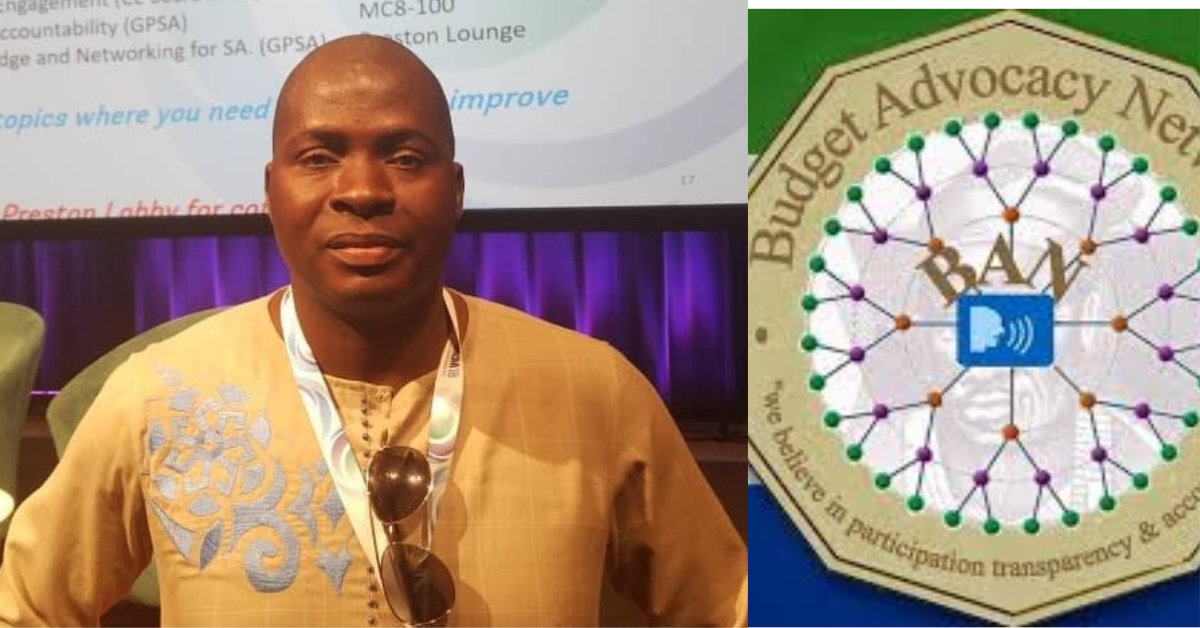The Gender-Responsive Procurement Budget Advocacy Network (BAN) has called on the government to increase the number of high-value public contracts awarded to women-owned businesses.
This appeal was made by BAN’s Coordinator, Abu Bakarr Kamara, during the presentation of a study titled “Public Procurement Activities in Sierra Leone from a Gender Perspective 2021-2023,” held at the New Brookfields Hotel in Freetown on Tuesday, October 5, 2024.
Kamara underscored that public procurement, which accounts for 45% of Sierra Leone’s annual budget, holds significant potential for economically empowering women-led businesses. The study, conducted with quantitative and qualitative methods, analyzed procurement patterns over the past three years across eight key ministries, 10 local councils, and two state-owned enterprises, with a focus on the participation of women-owned businesses.
The findings revealed that while men dominate procurement participation, a higher percentage of women who participate succeed in winning contracts. However, women-led businesses still represent only 1% of overall participants in public procurement, securing 19% of the total number of contracts, valued at 7% of the overall contract value.
Further analysis by contract type showed that women-led businesses won 18% of goods contracts, accounting for 9% of the total value, and 28% of service contracts, valued at just 5% of total service contracts. In construction and infrastructure projects, they secured 18% of contracts but represented only 3% of the total value.
Kamara pointed to gender stereotypes as a barrier in procurement, with women-led businesses more likely to win contracts in traditionally female-dominated sectors, such as catering and cleaning, but facing challenges in other sectors.
Lawyer Ibrahim Tommy, a contributor to the study, stressed the need to amend Sierra Leone’s Procurement Act to address gender disparities. Chief Executive Officer of the National Public Procurement Authority (NPPA), Foodie Konneh, pledged to pursue a review of the Act in 2025 to strengthen opportunities for women-led enterprises.
Chairing the event, BBC journalist Umaru Fofana highlighted the significance of economic independence for women in Sierra Leone, pointing out the ongoing struggle for gender equity. During the panel discussion, business representative Naasu Fofana noted that politically connected women often have a greater advantage in securing contracts.
BAN, alongside partners such as the Irish Embassy, the Ministry of Gender and Children’s Affairs, and the NPPA, underscored the importance of disaggregating procurement data by gender, implementing a centralized digital procurement portal, and introducing capacity-building programs to further enhance women’s participation in public procurement.
The study’s findings and recommendations aim to inform policy changes that will promote sustainable and equitable economic growth through gender-responsive procurement practices in Sierra Leone.


 Post a comment
Post a comment 








